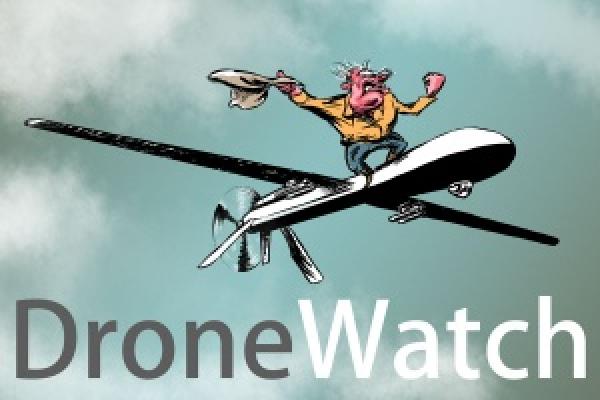Researchers at Stanford University and New York University law schools released a major study on the U.S. use of drones in Pakistan, commissioned by a London-based human rights group Reprieve. The study, Living Under Drones,” took nine months to complete, including two trips to Pakistan and more than 130 interviews with victims, witnesses and experts. The Bureau of Investigative Journalism is cited in the report for “the best currently available public aggregate data on drone strikes.”
The four major conclusions of the study, highlighted in its executive summary, are:
“First, while civilian casualties are rarely acknowledged by the US government, there is significant evidence that US drone strikes have injured and killed civilians.
“Second, US drone strike policies cause considerable and under-accounted-for harm to the daily lives of ordinary civilians, beyond death and physical injury. Drones hover twenty-four hours a day over communities in northwest Pakistan, striking homes, vehicles, and public spaces without warning. Their presence terrorizes men, women, and children, giving rise to anxiety and psychological trauma among civilian communities.
“Third, publicly available evidence that the strikes have made the US safer overall is ambiguous at best. The strikes have certainly killed alleged combatants and disrupted armed actor networks. However, serious concerns about the efficacy and counter-productive nature of drone strikes have been raised. The number of “high-level” targets killed as a percentage of total casualties is extremely low—estimated at just 2%
“Fourth, current US targeted killings and drone strike practices undermine respect for the rule of law and international legal protections and may set dangerous precedents. This report casts doubt on the legality of strikes on individuals or groups not linked to the terrorist attacks of September 11, 2011, and who do not pose imminent threats to the US.”
You can read the entire report, along with data, victim’s stories, and resources.
News stories on the study include BBC,Guardian,Chicago Tribune/Los Angeles Times, and CNN.
Got something to say about what you're reading? We value your feedback!
